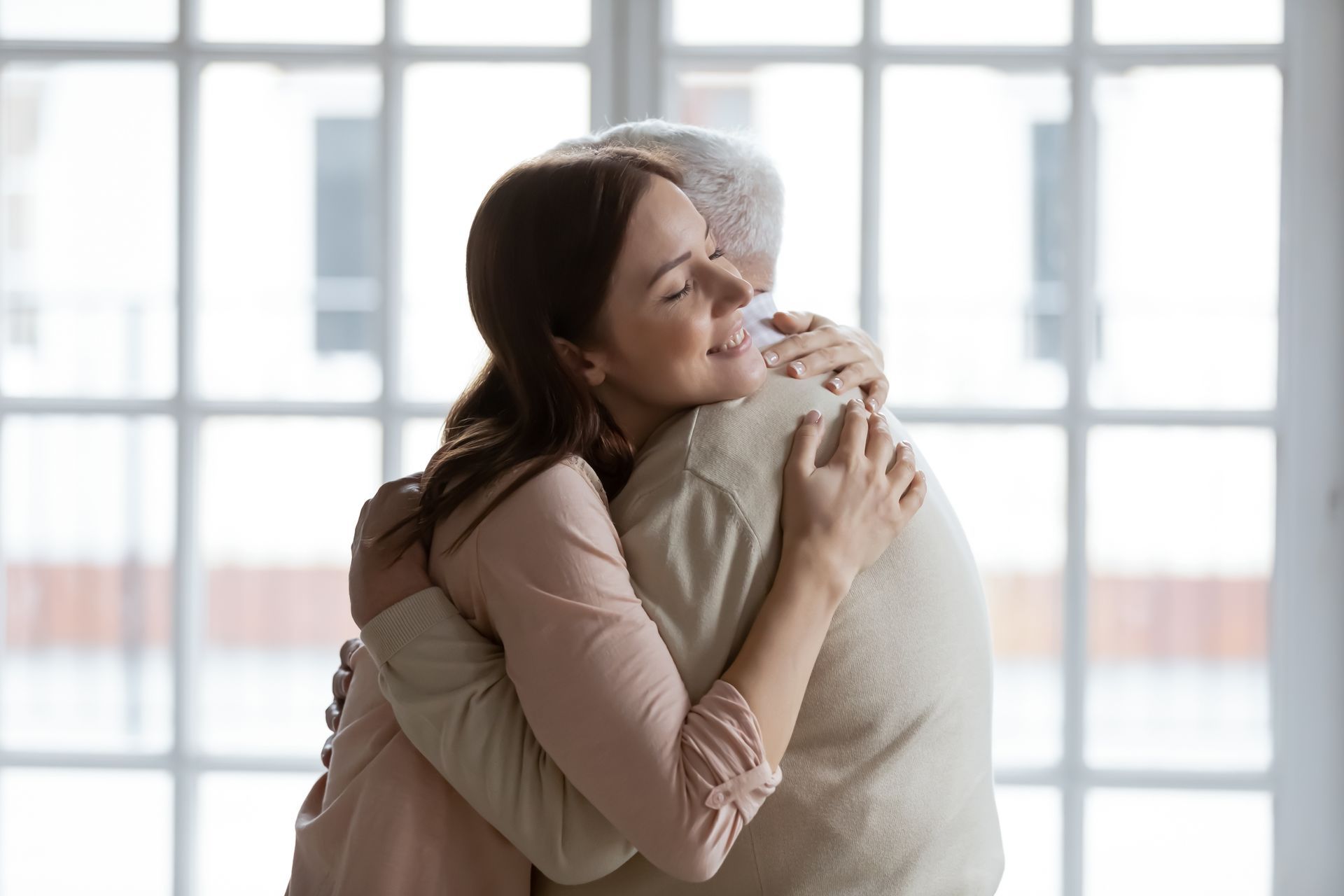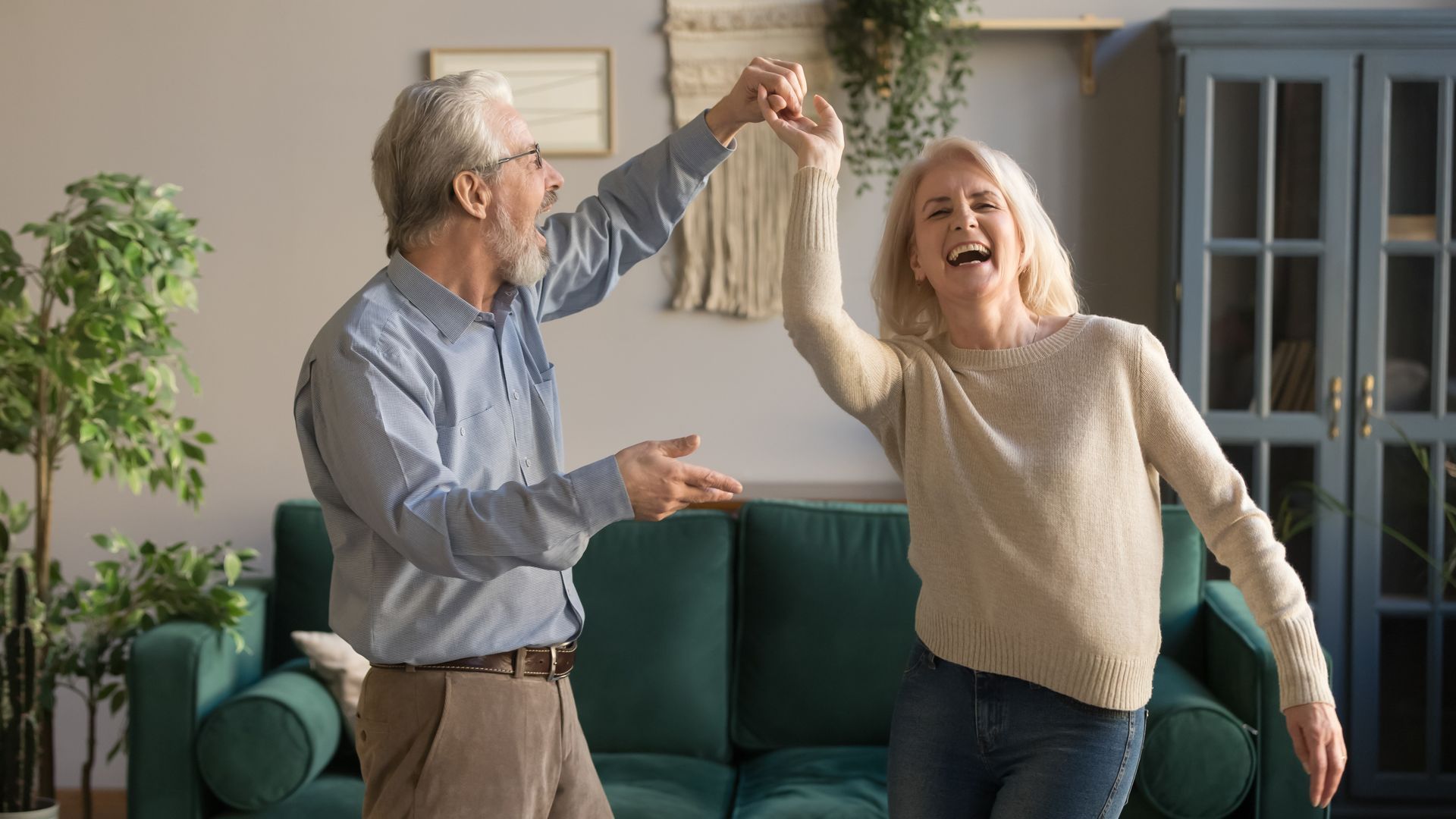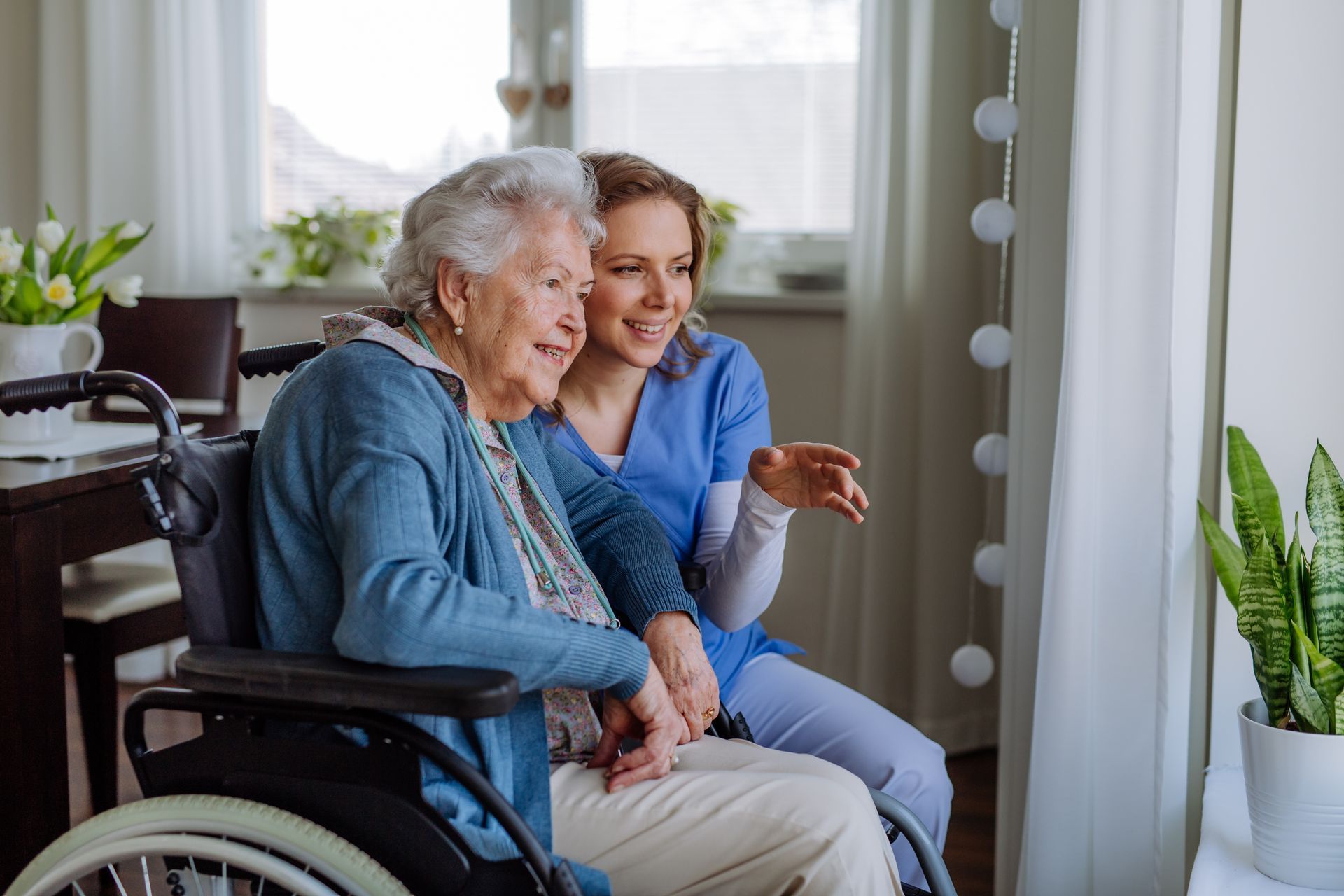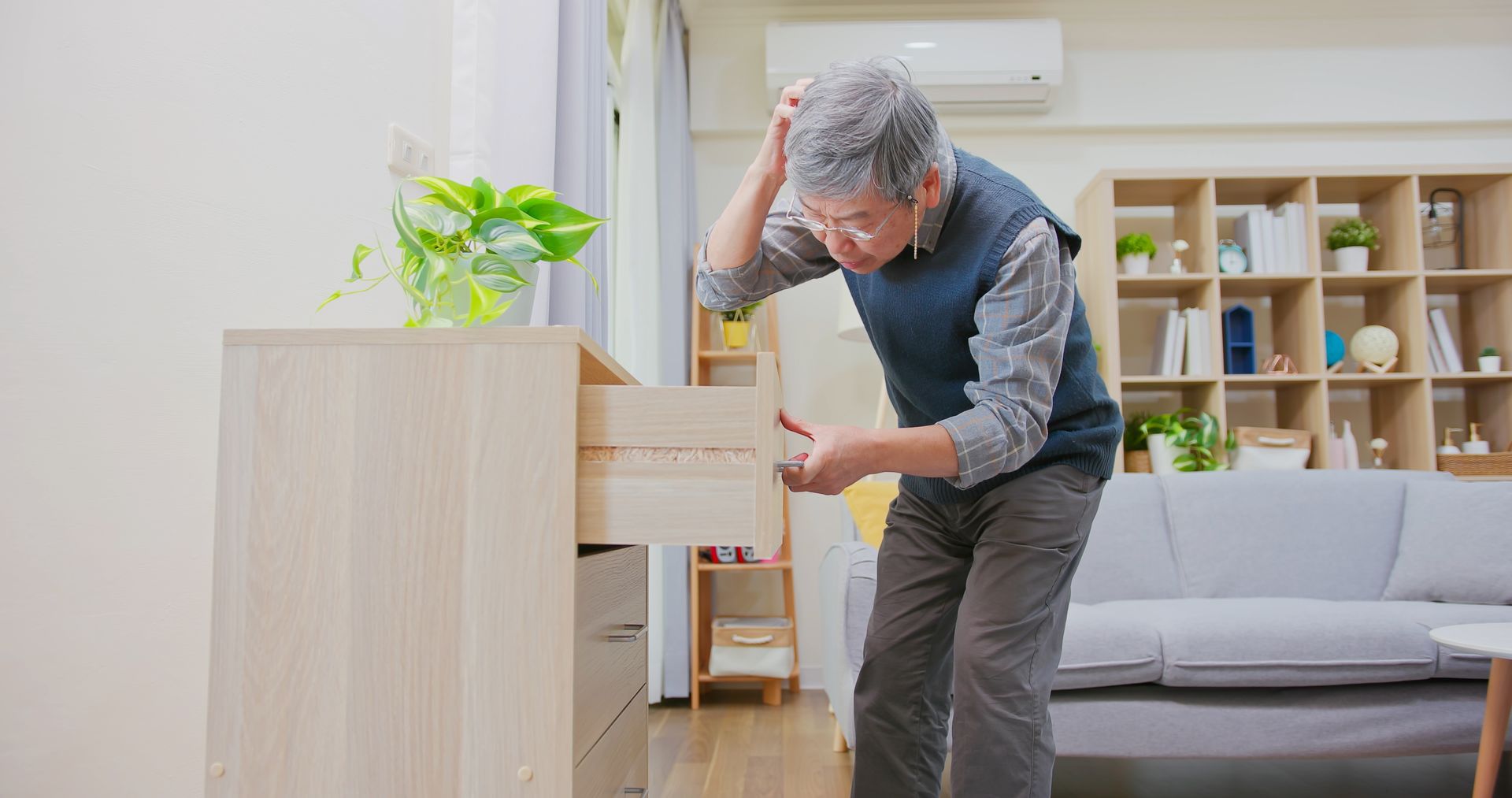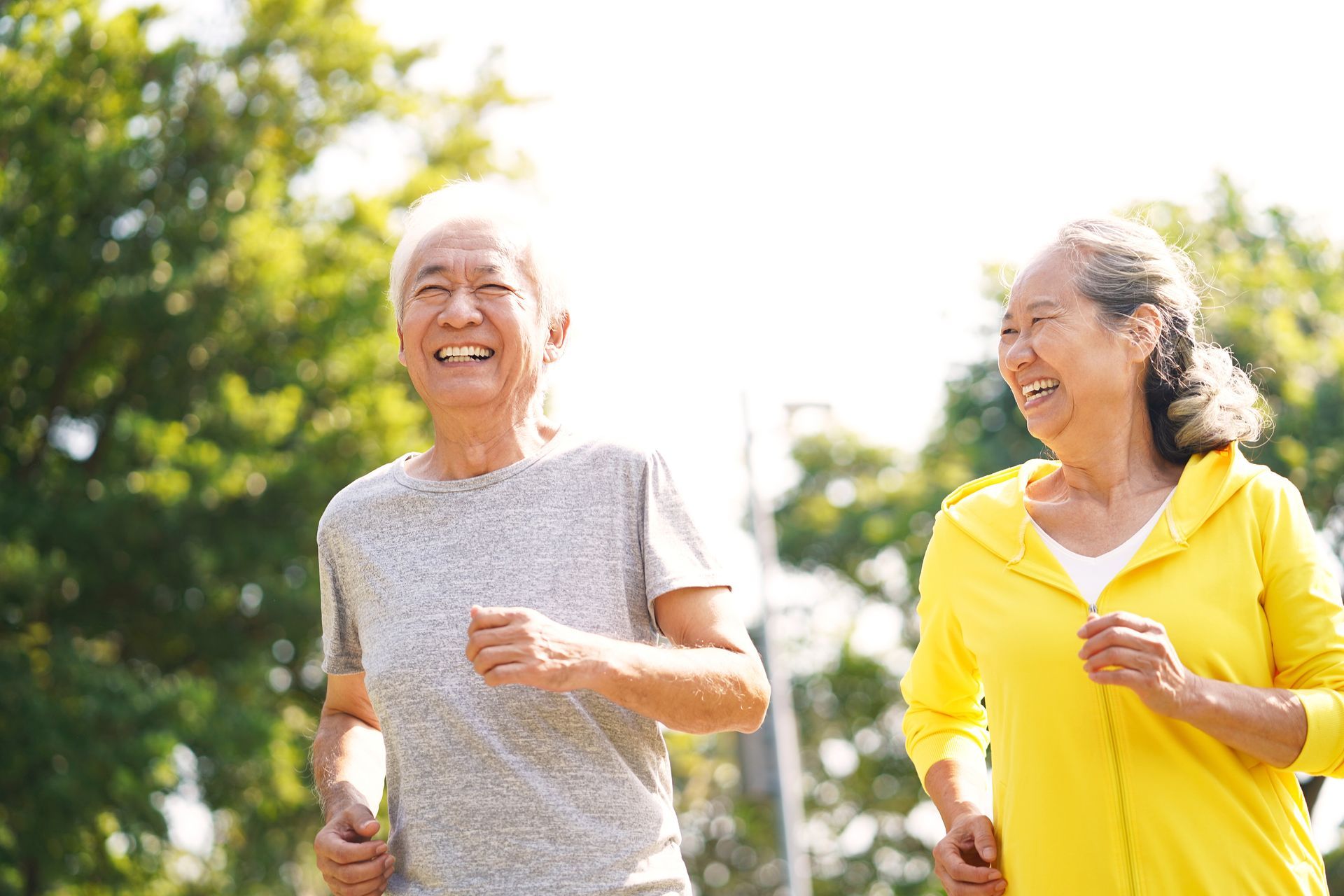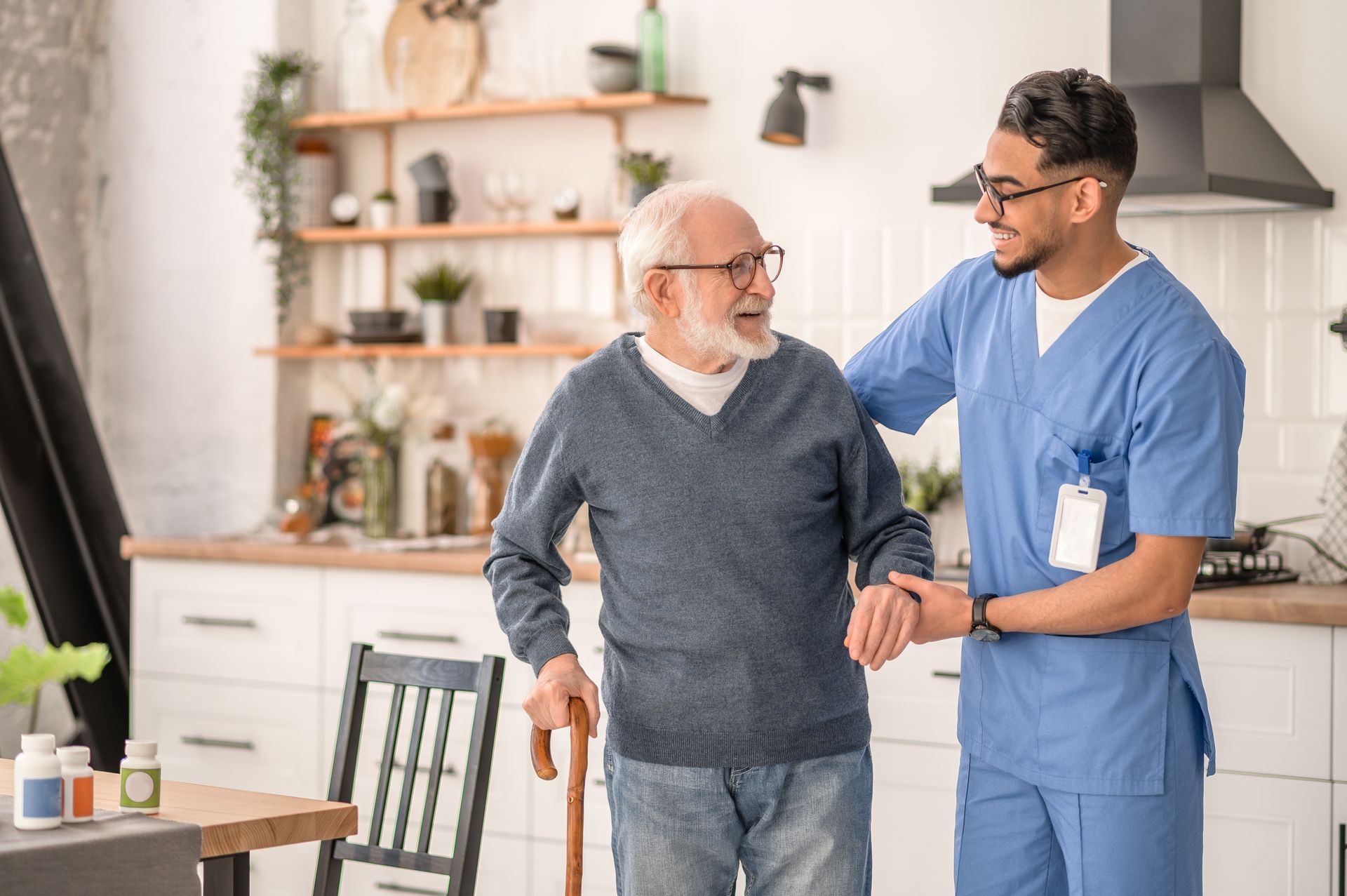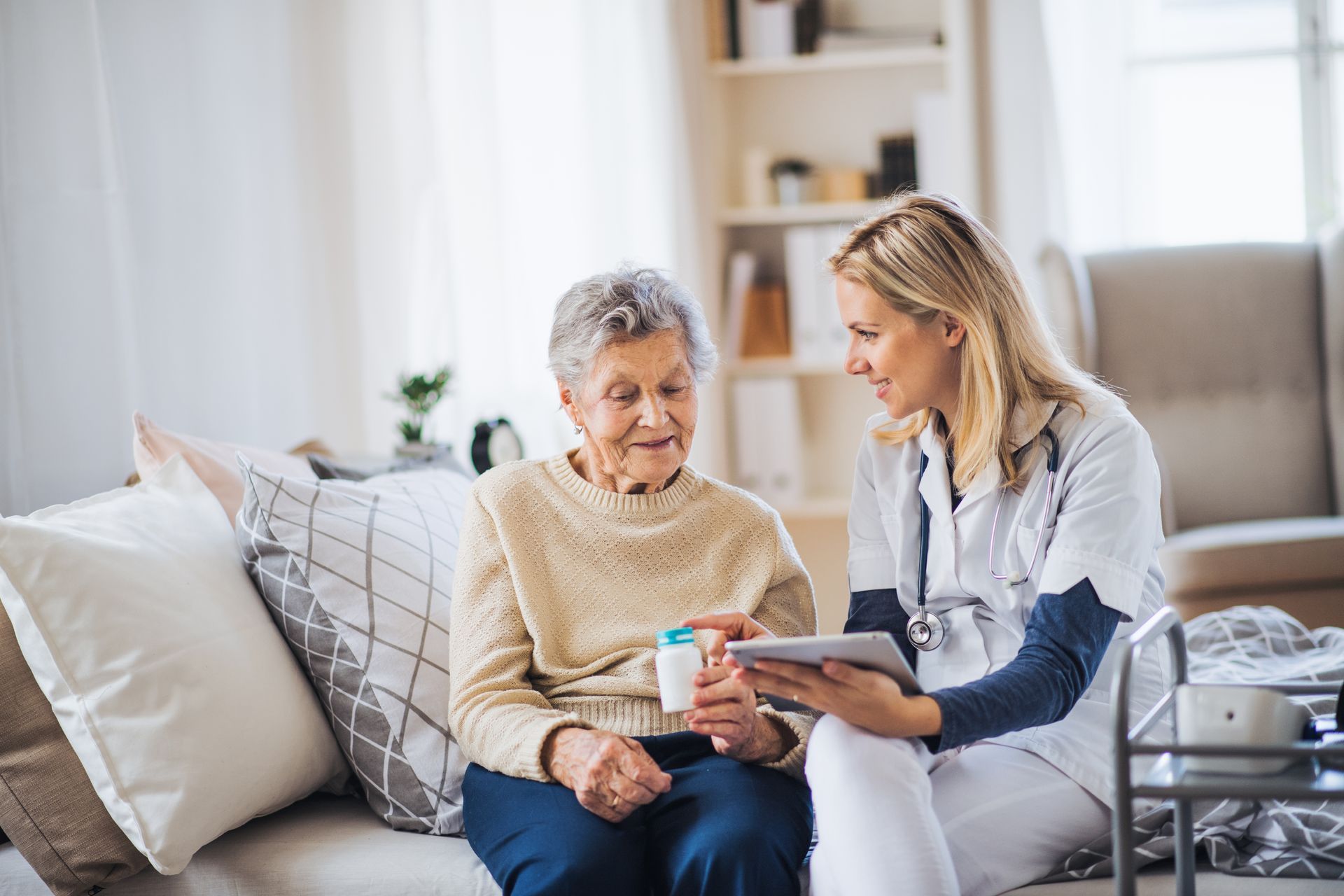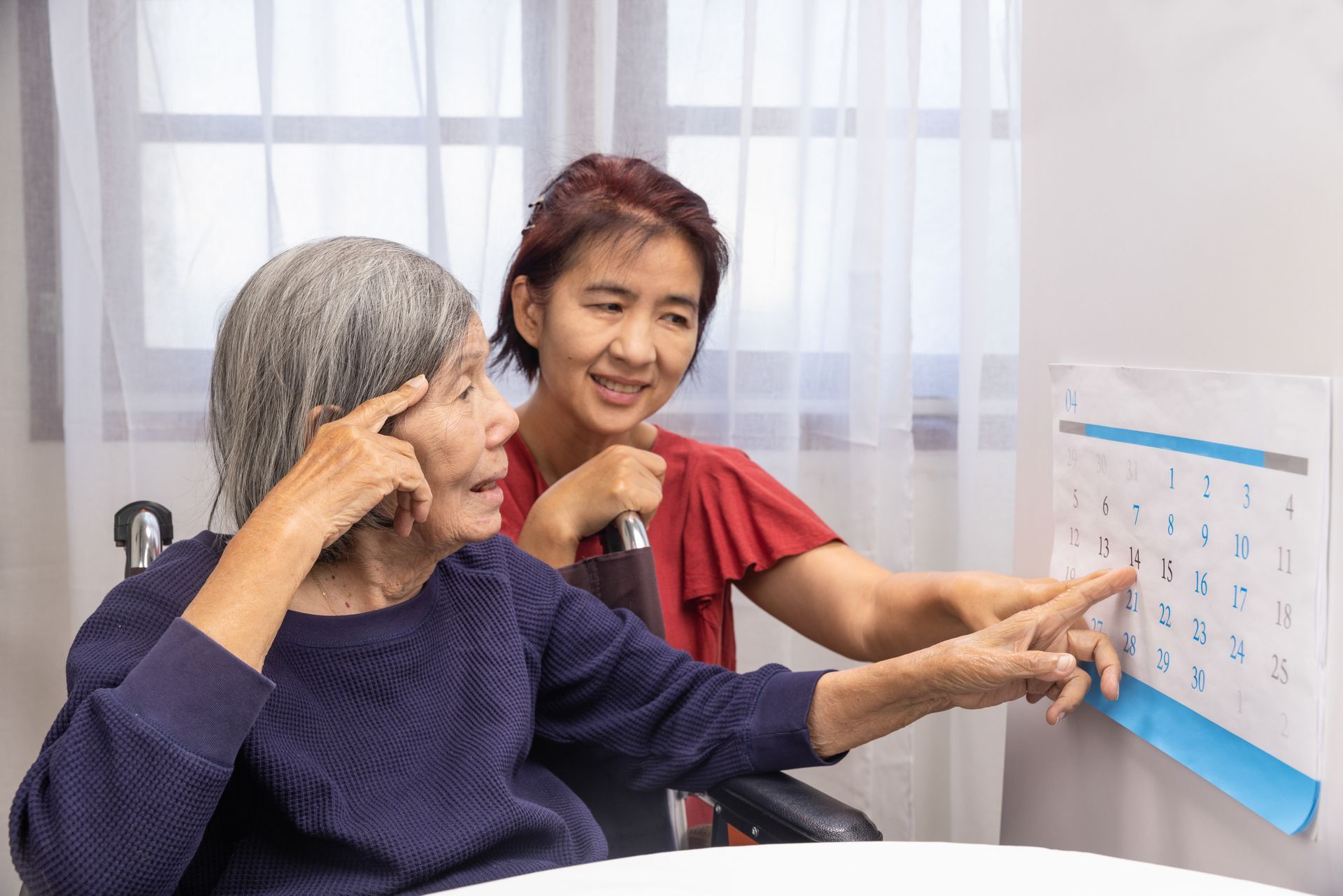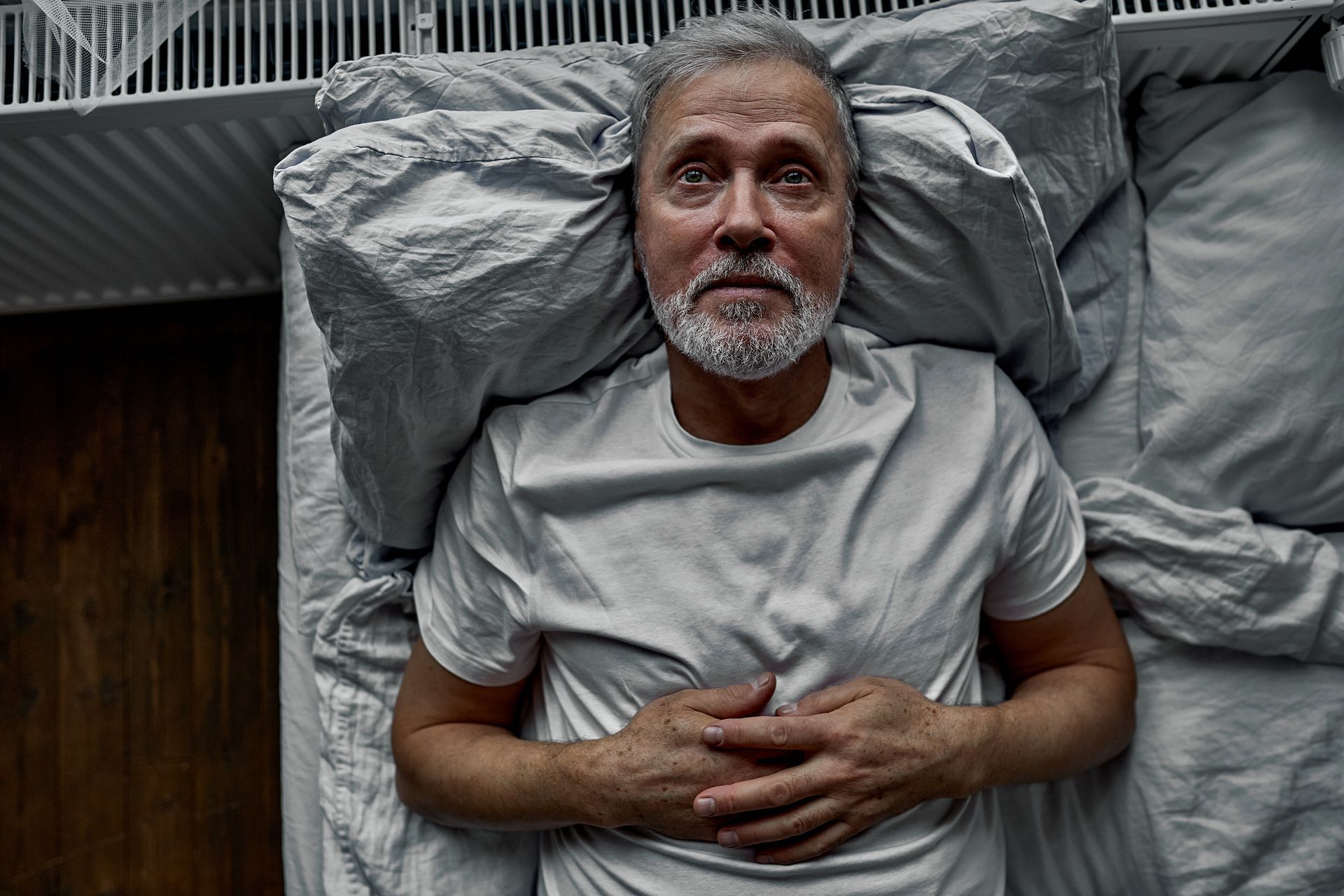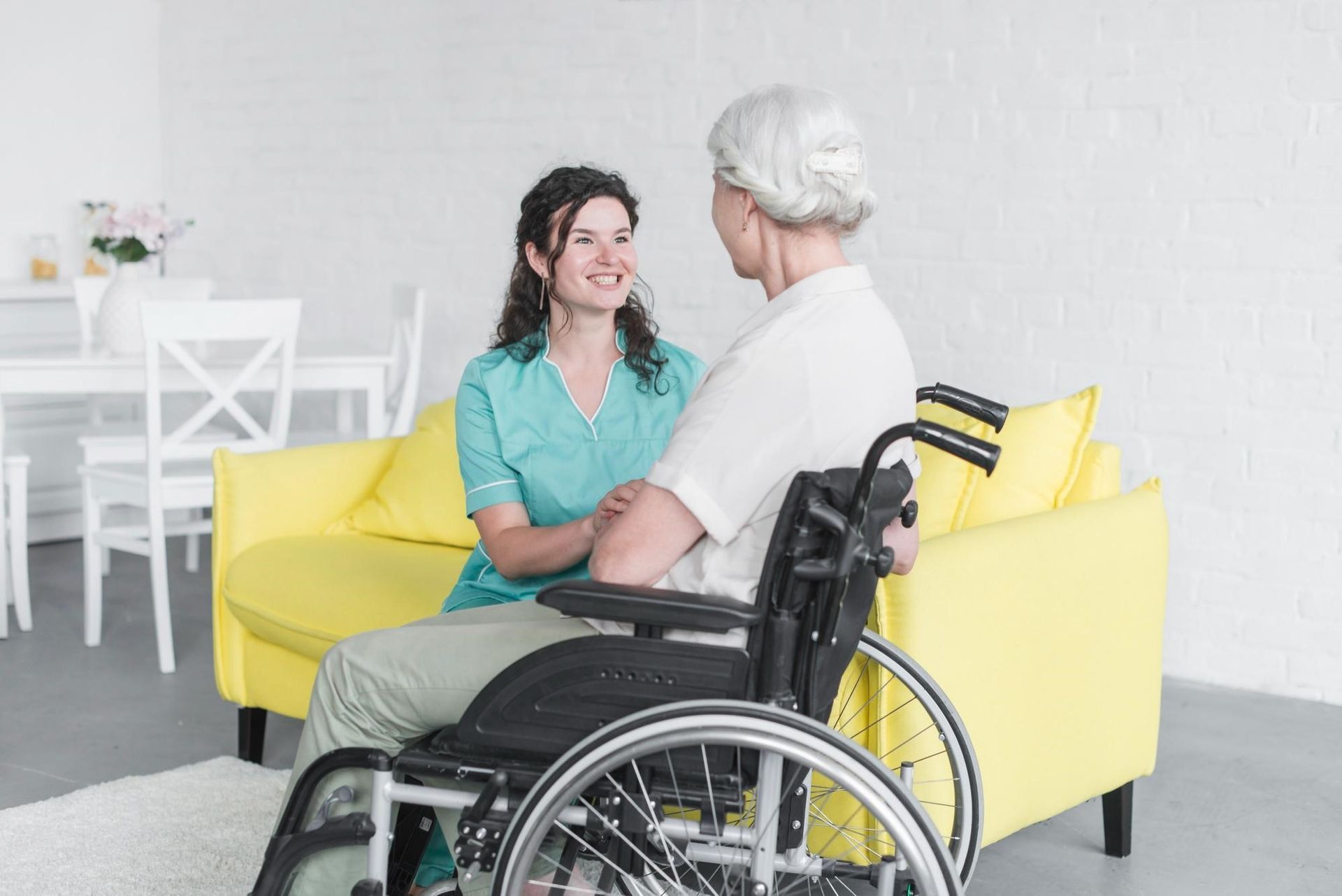BLOG
4 Things All Seniors Should Know About Yoga and Meditation
By now, everyone has probably already been told they should try yoga and meditation. These two ancient practices are often touted for their incredibly long list of proven health benefits and are constantly gaining new devoted practitioners.
However, some groups of people may still be reluctant. Older adults, for instance, may wonder whether yoga and meditation are not just passing fads or if it is “for them.” The answer is that yoga and meditation are for everyone, but seniors could actually be especially suited for them. To start, as a result of its many benefits -- from increasing blood flow to boosting balance to lowering blood sugar -- it has been shown to increase healthspan.
Read on to learn more from Assured Assisted Living about how yoga can benefit seniors:
Yoga Can Help You Live Better for Longer
Yoga is a full-body workout that can go a long way in helping seniors maintain mobility later in life. It does this by improving balance, which reduces the chance of falls and serious injuries. Flexibility, which helps maintain a fuller range of movement, and strength, which helps fight age-related muscle mass, are also key components of yoga.
It also has a host of other health benefits. It relieves stress, which helps fight anxiety and many diseases. It helps you breathe better. As a form of exercise, it could even boost your gut health, which can definitely affect your moods if it gets out of balance. More proof that yoga can boost your healthspan to meet your lifespan!
Meditation Is An Incredible Mind Booster
Meditation is an invaluable tool when it comes to preventing senior cognitive decline. According to the Conversation, a regular meditation practice — as little as 10 minutes a day — can have a significant impact on focus and memory.
Meditation is also extremely effective as a tool for positive mental health. A UK study showed that senior patients being treated for depression recovered much faster when also provided with mindfulness meditation. This is just one of many exciting studies pointing to the potential power of meditation to cure senior depression and anxiety.
Yoga Is the Ideal Senior Workout
As well as being an extremely healthy and well-rounded form of exercise, yoga is perfect for seniors in many other ways. For one, it is easy to do at home with very little equipment, making it an extremely cost-effective workout for seniors on a tight budget.
It is also extremely adaptable. There are hundreds of poses and movements, each with variations you can use to make them easier for you. Contrary to popular belief, there is not a “correct” way to do yoga — you just focus, breathe, and work with what your body can do.
There are also many gentle forms of yoga that are closer to meditation than to a workout, which can be incredibly beneficial for seniors. Restorative yoga, which focuses on slow movement and holding easy poses for longer periods of time, is a great example.
It’s Easy (and Safe) to Get Started
If you want the structure of a yoga classroom, you can easily find yoga classes designed for seniors. If you prefer to do at-home yoga, there are plenty of free lessons online that are senior-friendly — try this yoga for all ages by popular YouTube channel Yoga with Adriene. You should also keep in mind that you don’t have to try to become a master yogi overnight. As ZenBusiness explains, incorporating a healthy change into your life requires a “continuous commitment,” meaning you can start with a 10-minute daily yoga practice, if that’s what you’re comfortable with, and work your way up from there. When a change is gradual, it’s more likely to be sustainable.
As for meditation, there are loads of free apps available to guide you through it, and even more videos on YouTube and other sites. Just search “guided meditation” and try a few out, or refine your search to something specific, like a morning meditation or a meditation to help you sleep.
Both yoga and meditation will be easier to practice if you are relaxed. Try to create a soothing environment for your practices, or invest in a calming supplement like CBD oil to help you get in the right headspace. Do consult with your doctor before taking CBD, but if they approve, look up online guides to find the best CBD oil for you.
There is a reason why the world won’t shut up about yoga and meditation. Like any hobby or exercise, they may not be for everyone, but there are so many varieties of yoga and meditation that chances are you can find one that works for you. Once you do, you may be amazed at how much they can make your golden years happier, healthier, and more enjoyable.

